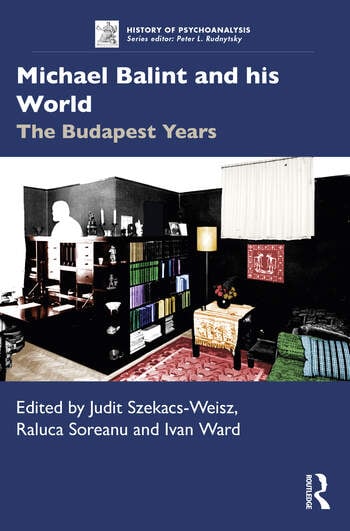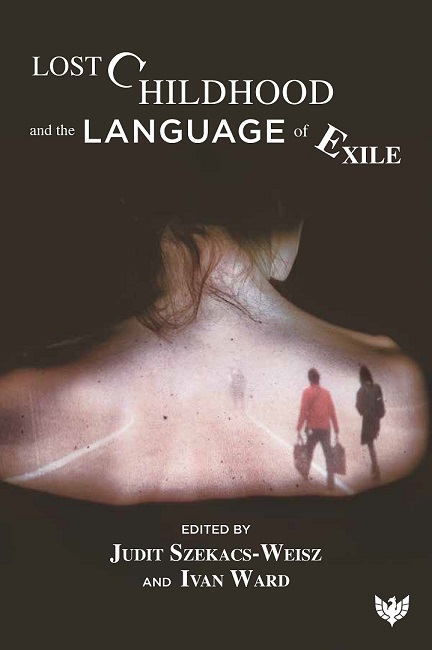Recent Publications
Michael Balint and His World: The Budapest Years
Edited by Judit Szekacs-Weisz, Raluca Soreanu and Ivan Ward
https://www.karnacbooks.com/product/michael-balint-and-his-world-the-budapest-years/97497/?MATCH=1

This fascinating collection explores the life of renowned psychoanalyst Michael Balint in his native Budapest. With a Balint revival in mind, Michael Balint and His World: The Budapest Years brings together the work of psychoanalysts, social thinkers, historians, literary scholars, artists and medical doctors who draw on Balint’s work in a variety of ways.
The book focuses on Balint’s early years in Budapest, where he worked with Sádor Ferenczi and a circle of colleagues, capturing the transformations of psychoanalytic thinking as it happens in a network of living relationships. Tracing creative disagreements as well as collaborations, and setting these exchanges in the climate of scientific, social and cultural developments of the time, Michael Balint and His World: The Budapest Years follows the development of psychoanalytic thinking during these critical times. The book recalls the story of several “lost children” of the Budapest School and reconstitutes Balint’s important early contributions on primary love. It also examines his little-known relationship with Lacan, including the extended discussion of Balint’s work by Wladimir Granoff in Lacan’s first public seminar in Paris in 1954, published here for the first time.
This important book provides a fresh perspective on Balint’s enormous contribution to the field of psychoanalysis and will interest both scholars and clinicians. It will also inspire those interested in clinical practice and the applications of psychoanalysis to the cultural sphere.
Lost Childhood and the Language of Exile
Edited by Judit Szekacs-Weisz and Ivan Ward
https://www.karnacbooks.com/product/lost-childhood-and-the-language-of-exile/96436/?MATCH=1

A seminal work reissued with a new introduction from Judit Szekacs-Weisz and welcoming words from Ivan Ward and Carol Siegel. The book features stories of great diversity from psychoanalysts, scientists, psychotherapists, doctors and historians on working with and being a part of exiled and immigrant populations. The reflections from Eva Almassy, Jacqueline Amati-Mehler, Pina Antinucci, Antal Bokay, Julia Borossa, John Clare, Ferenc Ero´s, Susan Haxell, Eva Hoffman, Kathleen Kelley-Laine´, Leon Kleimberg,
W. Gordon Lawrence, Judit Me´sza´ros, Gershon J. Molad, George Pick, Rachel Rosenblum, Tamara Stajner-Popovic, Riccardo Steiner, Judit Szekacs-Weisz, Judith E. Vida, Shula Wilson, and Ali Zarbafi are as relevant today as they were on first release.
Lost Childhood and the Language of Exile invites the reader to enter a territory which is not only multilingual but multidimensional: defined and shaped by history, politics, economy, and sociocultural transformations. The contributions give important insights on the psychodynamic processes involved in working with, and being part of, exiled and immigrant populations.
The majority of the stories take as their base the upheaval caused by the Second World War but their stories are still, sadly, relevant today with the ongoing plight of refugees the world over. By presenting their experiences, the contributors provide a vital record of what it means to leave your homeland behind, to make a new life in a new land, and to live and work in a second tongue. The aim was, and is, to provide stimulus for further thinking and research.
 v2.1d (07012013)
v2.1d (07012013)